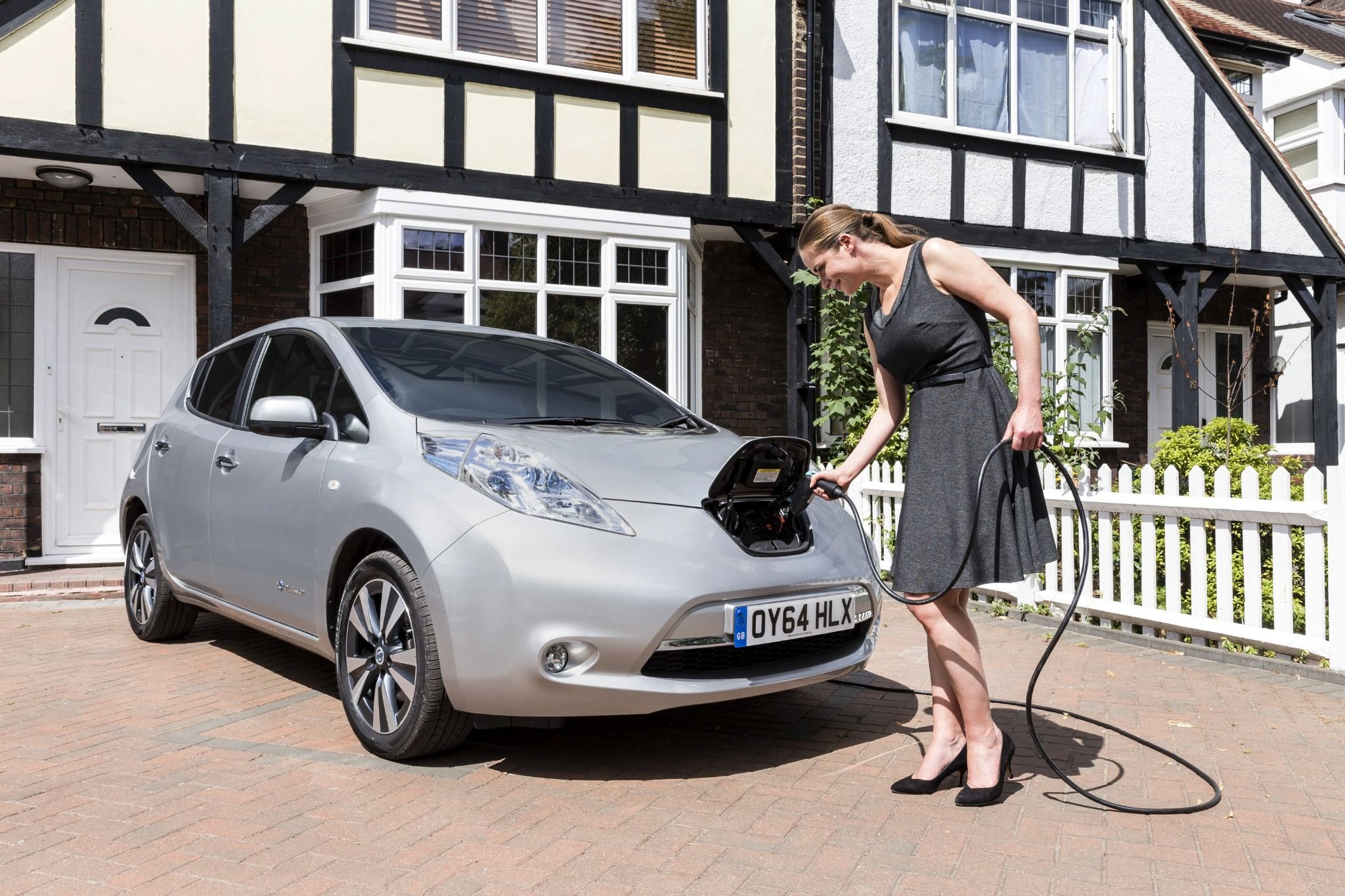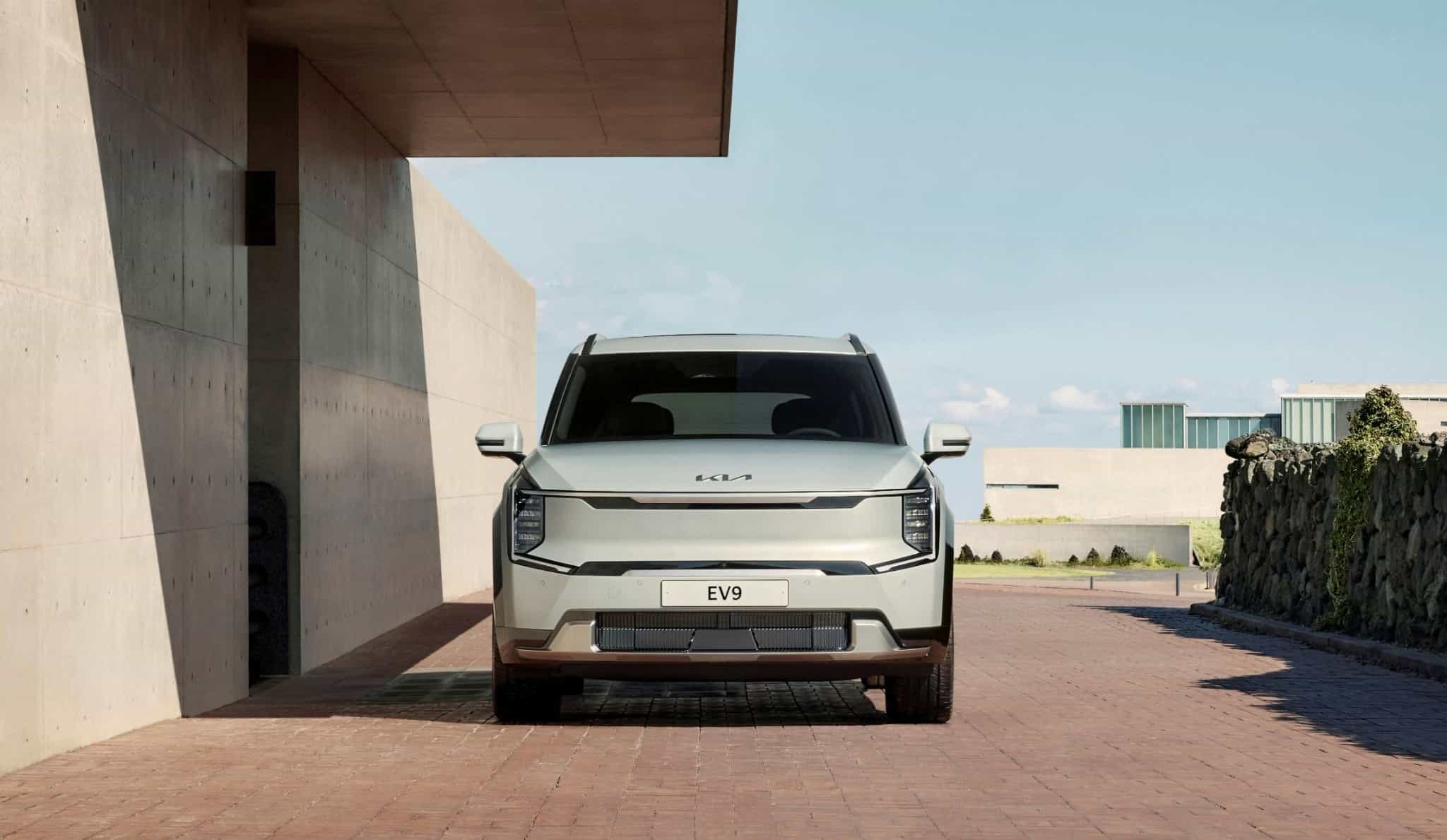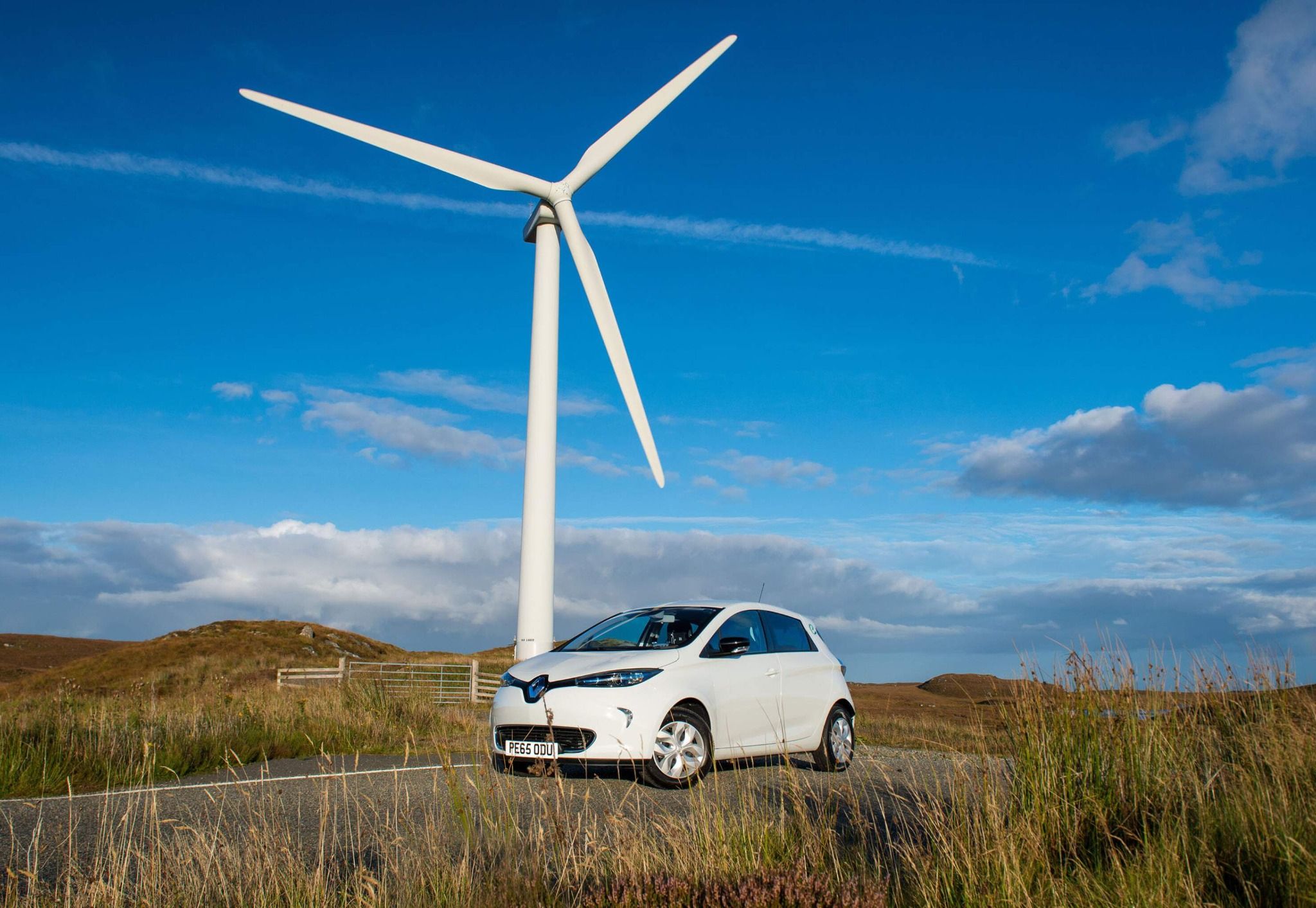
Used EVs: Are They Getting Cheaper than Petrol Cars?
By Motor Match • 25/11/2025
If you've been watching the used car market recently, it will have been easy to notice that second hand electric vehicles aren't just a niche pick anymore. In this blog, we tell you what's going on and when it makes sense to switch!
Here’s When it Makes Sense to Switch
If you’ve been watching the used car market lately, you may have noticed something big - second hand electric vehicles (EVs) aren’t just a niche pick anymore, in many cases, they’re now cheaper than their petrol equivalents. That’s right, the EV revolution is hitting the used car market, and it might be the perfect time to make the switch. Here’s what’s going on, why it’s happening and when it truly makes financial sense.

What’s Driving the Drop in Used EV Prices
Steep Depreciation - According to recent data, three year old EVs are around 8.5% cheaper than petrol/diesel equivalents and by year four, that gap grows to about 14%. The reason? As EV technology evolves rapidly, earlier models are losing value faster. In fact, since September 2022, average used EV values have halved.
Greater Supply
As more early EV adopters come off lease, the number of used EVs entering the market is growing, which is pushing down prices. Used battery electric vehicles (BEVs) are now significantly cheaper than internal combustion engines (ICE).
Lower Running Costs
EVs are generally cheaper to run, lower servicing costs, fewer moving parts, and more efficient energy use. Over five years a used EV (charged mainly at home) could save over £5,000 versus a petrol car, depending on usage. On a total cost of ownership (TCO) basis, studies suggest small EVs bought used could save their owners hundreds to thousands of pounds versus petrol equivalents.


When it Makes Sense to Switch to a Used EV
Knowing these trends, here are some scenarios where switching to a used EV is particularly smart:
If you’re Buying a 3 to 4 Year Old Vehicle - This is the sweet spot for EV savings. Depreciation has done its worst, but the car still likely has good battery health and modern features.
If you do a lot of Local Driving/Commute - Lower running costs make a big difference when you’re charging at home or work, rather than relying on public rapid chargers. The more you drive, the more the energy savings compound, making the switch financially attractive.
If you have Home Charging Options - Being able to plug in overnight or during off peak hours dramatically reduces ‘fuel’ costs. If you rely on public chargers all the time, the savings will still be there, but may not be as big.
If you’re Planning to Keep the Car for Several Years - Even though EVs depreciate quickly early on, if you’re in it for the long haul, you’ll benefit from lower running costs and potentially lower maintenance. Over time, the TCO (total cost of ownership) often favours EVs, especially for city or suburban drivers.
If you’re Environmentally Conscious but Cost-Sensitive - Used EVs give you much of the environmental benefit (zero tailpipe emissions) at a potentially lower cost than new EVs or petrol cars. With depreciation having taken its hit, you can get a greener car without overpaying.
Risks & Consideration Before you Buy
Of course, it’s not all upside. Here are some important things to watch out for when buying a used EV:
- Battery Health - Check the battery’s condition, how the car was used (fleet/lease/private), and whether there’s any warranty left.
- Mileage & Usage History - High mileage EVs may have more wear, ask for full service history and charging records if possible.
- Charging Infrastructure - Make sure you’ll have reliable access to charging at home, at work, or on regular routes.
- Insurance Costs - Insurance for EVs can be higher than petrol cars, depending on the model and driver’s history.
- Road Tax/Running Tax - From April 2025, EVs pay Vehicle Excise Duty, so factor that into your TCO.

Final Thought: Is now the time to Make the Switch?
Yes, for many drivers, now is a great time to consider a used EV. Thanks to steep depreciation and a growing second hand market, EVs can offer a compelling blend of affordability and lower running costs. If you’re realistic about your driving habits, have access to charging, and plan to keep the car for a few years, the financial case is very strong.
At Motor Match, we’re seeing more and more quality used EVs coming through and with the right model, you could get into one for less than you might expect, while also saving on running costs long term.
You may also like…